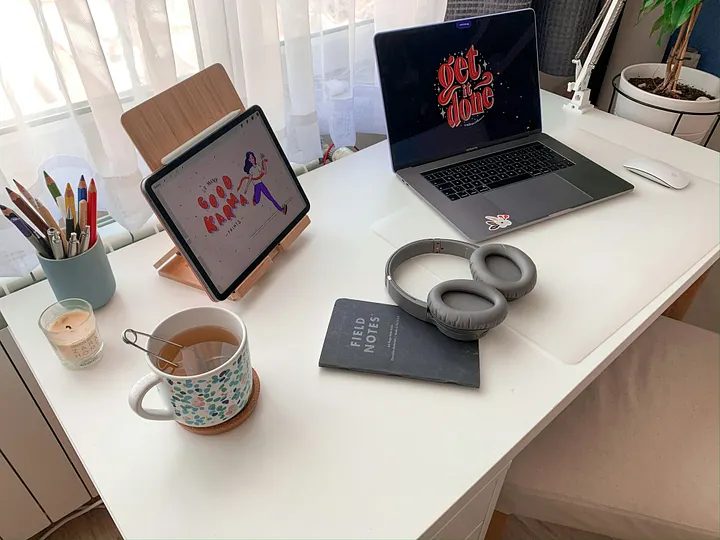People often look for happiness in the external world. But true happiness is found on the inside.
You won’t become happier by achieving things in the outside world. Even if you do feel happy, it won’t last very long.
Have you had an experience where you wanted something badly and did everything to get it? You thought you would be happier after getting it. But once you achieved it, you didn’t really feel much joy. Your happiness lasted only for a short time.
For example, you wanted the latest iPhone. You saved money to buy it. And when you finally got it, you became happy. But a week later, it became just another phone that did almost exactly what your previous one did. Your happiness is gone.
Why be grateful?
Expressing gratitude is the best activity that helps you find happiness on the inside.
There have been numerous studies on the relationship between gratitude and happiness. According to an essay published in Harvard Medical School,
Gratitude is strongly and consistently associated with greater happiness. Gratitude helps people feel more positive emotions, relish good experiences, improve their health, deal with adversity, and build strong relationships.
Practicing gratitude not only helps you become happier, but it can also improve your physical and mental well-being.

Focus on your GAINS
We often think about our next goal or accomplishment. For example, you made $50,000 this year. Next year, you want to make $75,000. Instead of being grateful that you made $50,000, you worry about how you will make $75,000 the following year.
Dan Sullivan and Dr. Benjamin Hardy discuss this in their book The GAP and The GAIN. We often look at the things we didn’t achieve (GAP) instead of appreciating those we did (GAIN).
Consider this example: Suppose you want to run 10 kilometers in one hour. Your previous record is 7 kilometers. You want to beat your previous record and run 3 kilometers more. In your attempt to run 10 kilometers, you could only finish 8.75 kilometers. Instead of being happy that you ran 1.75 kilometers more (GAIN), you get upset about the 1.25 kilometers you couldn’t run (GAP). You only focus on the GAP instead of the GAIN.
This happens — often unconsciously — in many aspects of our lives. We fail to acknowledge the good things and dwell on the bad ones.
Be grateful
Instead of focusing on what you don’t have, appreciate what you do have.
It is good to have goals and things to look up to. But that doesn’t mean you make them your source of happiness.
You have to learn to appreciate what you have, no matter how small they are. There’s a quote that goes like this:
“A healthy man wants a thousand things, a sick man only wants one.”
— Confucius
When you are healthy, you feel nothing could go wrong. You take good health for granted and not care for it. You don’t eat well or exercise. And once something wrong happens, you regret not being serious about your health. You only wish you had cared more about your health.
Little things might seem insignificant to you right now. Feeling grateful for every good thing that happens to you is necessary.
How do you practice gratitude?
Being grateful is a feeling. It’s not an activity. So, whatever action that helps you channel that feeling of gratitude, you must do it.
There are many things you can do to express gratitude. People often keep a gratitude journal where they write three or more things they are grateful for daily.
You can use affirmations to express gratitude.
Meditation often helps channel that inner feeling of gratitude. You can visualize the good things that happened to you and appreciate them.
You can also talk about your gratefulness to friends. When someone does good to you, thank them and say, “I am grateful to have you in my life.”
As I said, gratitude is a feeling. Whatever you do, ensure that you feel grateful on the inside. Doing gratitude practice only for the sake of it won’t help. You must be true to yourself and become emotionally present when you express gratitude.
Conclusion
The next time you find yourself unhappy, practice gratitude. Observe things or people around you that you are grateful for.
Take out your journal and write down three things you are grateful for in life. You will feel good instantly.
Life isn’t perfect. It has ups and downs. Even in your lows, try to find the good things and be optimistic. Research shows that being joyful and grateful helps you live a healthy and happy life. They even say that optimistic and happy people live longer than those who fail to look at the positive side of life.




